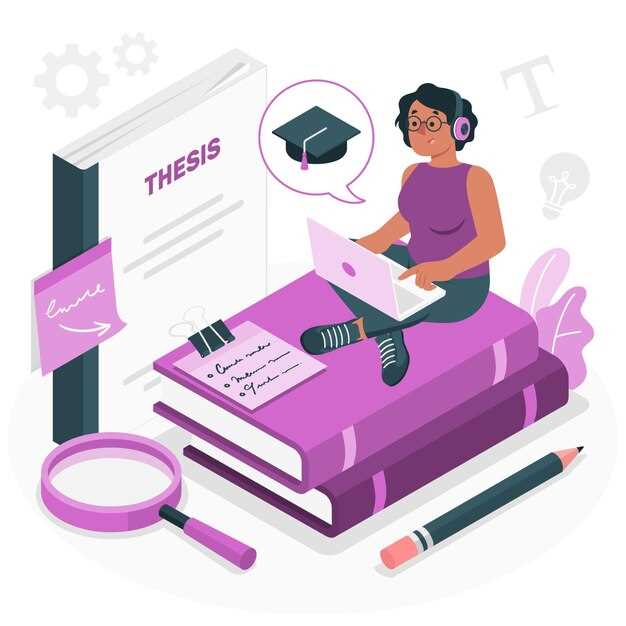
Start by identifying your audience before you write. Knowing who will read your essay helps you tailor your message and choose the right tone. For example, an academic essay requires formal language, while a personal blog post can be more conversational.
Focus on clarity and structure. Break your essay into clear sections: introduction, body, and conclusion. Use short paragraphs to make your points easy to follow. A well-organized essay keeps readers engaged and ensures your ideas flow logically.
Use evidence to support your arguments. Whether you’re writing an opinion piece or a research paper, back up your claims with facts, statistics, or examples. This not only strengthens your essay but also builds credibility with your audience.
Practice revising your work. After writing, take a break and return to your essay with fresh eyes. Look for areas where you can improve clarity, fix grammar errors, or tighten your sentences. A polished essay leaves a lasting impression.
Finally, understand the purpose of your essay. Are you informing, persuading, or entertaining? Keep this goal in mind as you write, and your essay will resonate more effectively with your readers.
How Essays Improve Critical Thinking Skills
Write essays regularly to practice analyzing information and forming logical arguments. This habit helps you break down complex ideas into manageable parts, making it easier to understand and evaluate them.
- Identify key points in your research and connect them to your main argument.
- Question assumptions and consider alternative perspectives to strengthen your reasoning.
- Use evidence to support your claims, ensuring your conclusions are well-founded.
Organize your thoughts clearly by structuring your essay with an introduction, body, and conclusion. This process trains your brain to present ideas in a coherent and persuasive manner.
- Start with a strong thesis statement to guide your writing.
- Develop each paragraph around a single idea, supported by examples or data.
- Conclude by summarizing your argument and highlighting its significance.
Revise your work to spot errors in logic or gaps in your reasoning. Editing encourages you to think critically about your own writing and improve its clarity and impact.
Discuss your essays with others to gain feedback and refine your ideas. Engaging in conversations about your work helps you see different viewpoints and enhances your analytical skills.
Steps to Identify the Main Argument in Your Writing
Read your essay carefully and highlight sentences that express strong opinions or key ideas. These often appear in the introduction or conclusion. Look for statements that directly answer the essay’s central question or problem.
Ask yourself what point you’re trying to prove or communicate. Write it down in one sentence. If it’s unclear, revisit your thesis statement and adjust it to reflect your core message.
Examine your supporting points. Each paragraph should connect back to the main argument. If a section doesn’t align, either revise it or remove it to maintain focus.
Test your argument by explaining it to someone else. If they can summarize it accurately, your main point is clear. If not, refine your wording and structure.
Use tools like mind maps or outlines to visually organize your ideas. This helps you see how each part of your essay supports the central argument.
Finally, review your essay with fresh eyes after a break. This distance often makes it easier to spot inconsistencies or areas where the main argument could be stronger.
Using Essays to Develop Clear Communication

Write essays with a focus on clarity by organizing thoughts into structured paragraphs. Begin with a strong thesis statement to guide the reader. Use simple language to explain complex ideas, ensuring your message is easily understood.
Practice active voice to make sentences direct and engaging. Avoid unnecessary words or jargon that might confuse the audience. For example, instead of writing “The completion of the task was done by the team,” write “The team completed the task.”
Break down arguments into smaller points, each supported by evidence or examples. This method helps readers follow your reasoning without feeling overwhelmed. Transition smoothly between ideas using phrases like “as a result” or “for instance” to maintain flow.
Revise your work to eliminate ambiguity. Read the essay aloud to identify awkward phrasing or unclear sentences. Ask someone else to review it and provide feedback on areas that need improvement.
Use tools like grammar checkers or readability analyzers to refine your writing. Aim for a balance between simplicity and depth, ensuring your essay communicates effectively while maintaining its purpose.
Practical Tips for Structuring Your Essay Effectively

Begin with a clear thesis statement that outlines your main argument. This helps guide your writing and keeps your essay focused. Place it at the end of your introduction to set the tone for the rest of the paper.
Organize your body paragraphs around one main idea each. Start with a topic sentence that introduces the paragraph’s focus, followed by evidence or examples to support it. Use transitions between paragraphs to maintain a logical flow.
Keep your sentences concise and avoid unnecessary words. Long, complex sentences can confuse readers. Break them into shorter, more digestible parts to improve clarity.
Use headings and subheadings if your essay is lengthy. They help break up the text and make it easier for readers to follow your argument. Ensure each section aligns with your thesis.
End with a strong conclusion that summarizes your main points without repeating them verbatim. Restate your thesis in a new way and leave the reader with a final thought or call to action.
Proofread your essay for grammar, spelling, and punctuation errors. Read it aloud to catch awkward phrasing or unclear sentences. A polished essay makes a stronger impression.
How Essays Help in Understanding Complex Topics
Break down intricate subjects by organizing your thoughts into clear sections. Essays force you to structure information logically, making it easier to grasp difficult concepts. Start with a strong thesis that defines your focus, then build arguments step by step.
Researching for essays exposes you to diverse perspectives. Use credible sources to explore different angles of a topic, helping you form a well-rounded understanding. Take notes on key points and connect them to your main argument.
Writing essays improves critical thinking. Analyze data, question assumptions, and evaluate evidence to strengthen your conclusions. This process deepens your comprehension and helps you identify gaps in your knowledge.
Practice summarizing complex ideas in simple terms. Essays teach you to communicate clearly, which reinforces your own understanding. Use examples and analogies to make abstract concepts more relatable.
Review and revise your work to ensure clarity. Editing helps you spot inconsistencies and refine your arguments, solidifying your grasp on the topic. Share your essay with others to gain feedback and new insights.